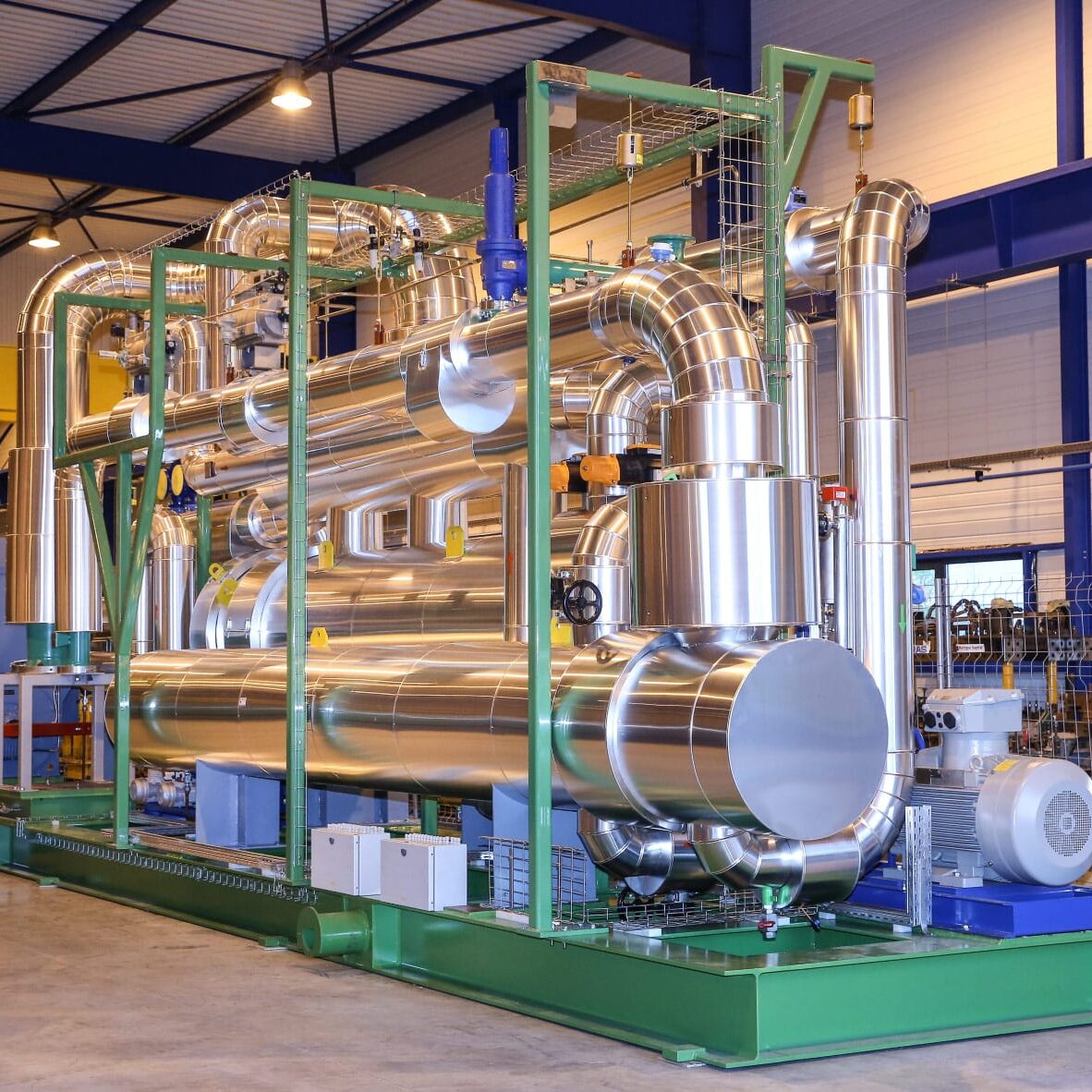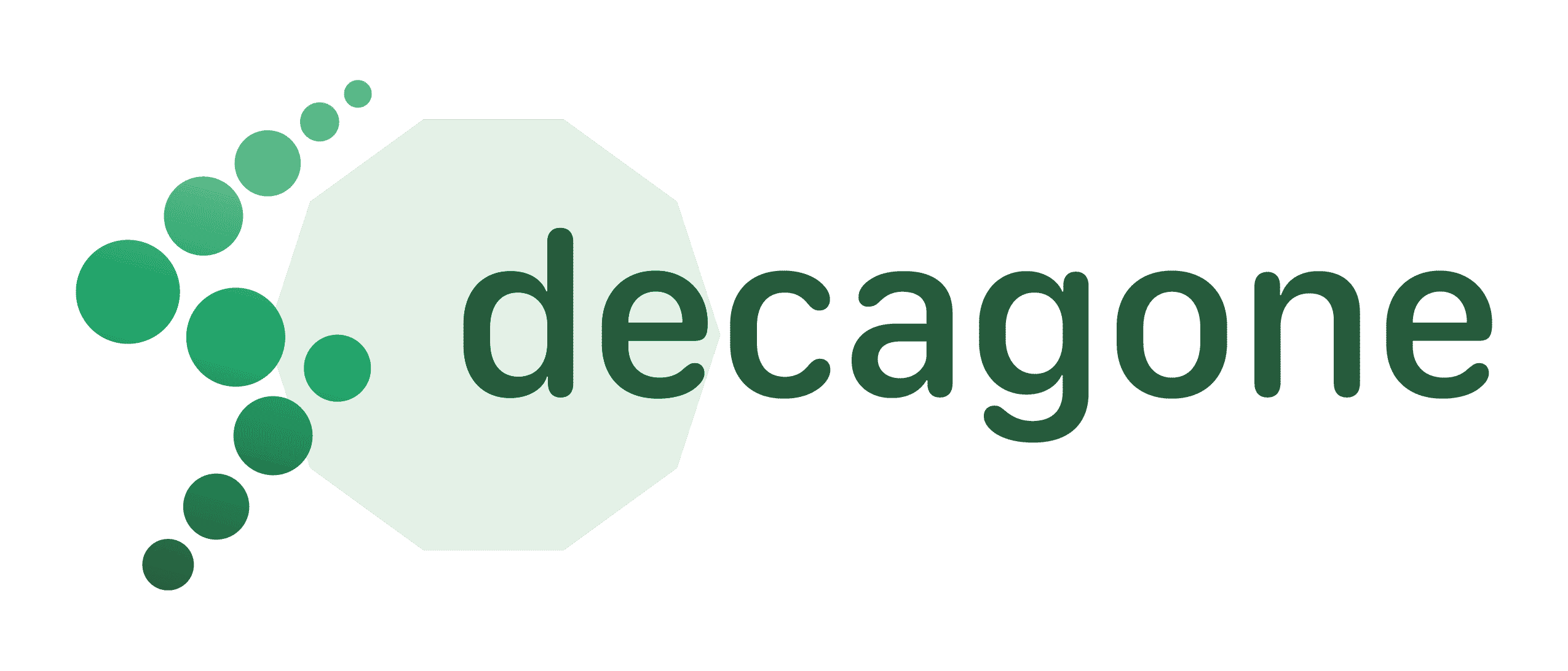Objectives
Within the EU, up to one third of energy for industrial thermal processes is lost through waste heat. The potential power generation from this resource through full use of ORC technology would represent around 7,6 million tons of CO2 equivalent saved per year at the European level.
The overall objective of DECAGONE is to develop an innovative technology for the exploitation of industrial waste heat.The proposed key-innovations will make ORC systems more efficient, more cost-effective, and adaptable to more diverse sectors for broad industrial uptake. They will be demonstrated by a 2 MW unit integrated into a steel production plant, located in Třinec, Czech Republic and owned by Třinecké železárny, mother company of partner Energetika Třinec.

The project follows three objectives throughout its duration:
Increased efficiency
Enhancing the efficiency is the most direct objective for increasing the return on investment of such installations. Today’s ORC efficiencies range from 14% to 24% (for medium / high temperature applications) with slightly reduced net efficiencies from 12 to 22%. But these nominal efficiencies decrease along the lifetime due to many aspects (exchanger clogging, material wearing, working fluid degradation, electrical failure of the auxiliaries, etc.). It is estimated that the efficiency can decrease by 2 to 3 absolutes % in during the 15 to 20 years lifetime.
Lower Total
Cost of
Ownership
ORC projects should maintain a competitive LCOE compared to other carbon free technologies (like nuclear, PV, wind, etc.) in order to offer attractive PPA prices and secure a short payback period. Such targets are reachable by reducing the Capital Expenditure CAPEX & the Operating Expenses OPEX and through innovative business models like ESCO models which will be developed in this project and proposed between the partners for preparing post-project exploitation.
System replicability and market potential
Apart from iron & steel (represented by Třinecké železárny plant), for which the DECAGONE will demonstrate its feasibility and increased profitability in a highly intermittent process with frequent low partial load, several other industrial sectors will be addressed in the scope of the project for transposability assessment. The viability of the solution will be studied in other potential use cases, such as natural gas sector, oil & gas industry, glass industry, aluminum industry, cement industry.
